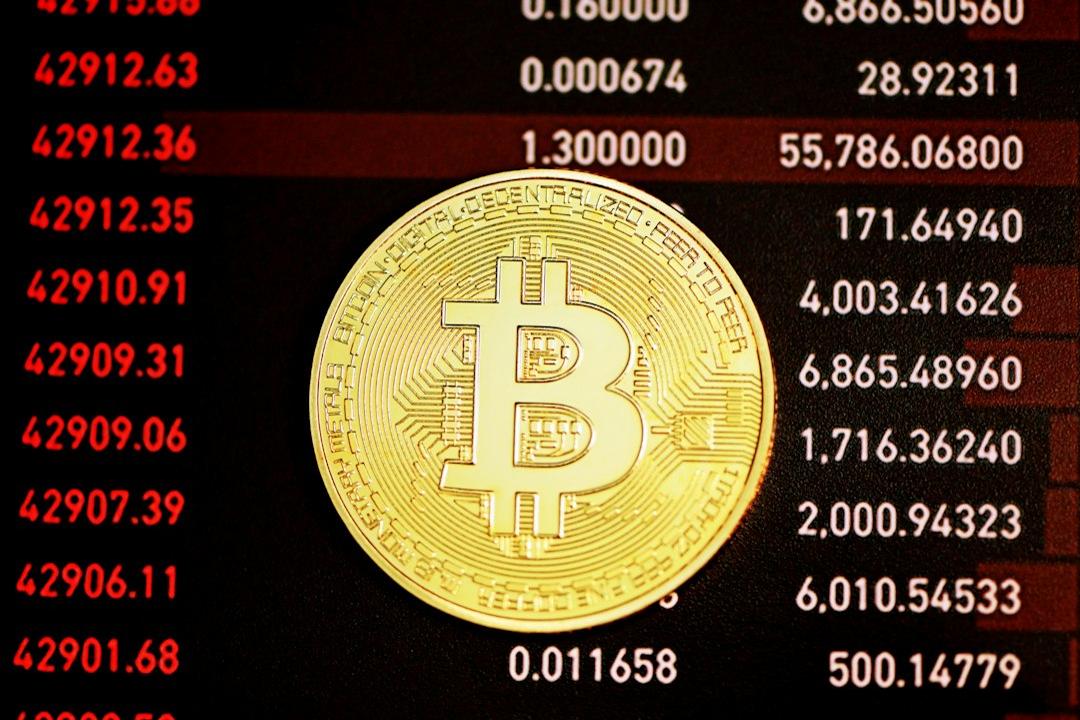Is NTHU Telegram blocked?
The “Creative Private Room” forum on Dcard contains a large amount of illegal underage voyeuristic images, which are traded through a membership system, attracting public attention. After the incident broke out, the Digital Ministry quickly “closed the net” and requested Internet service providers to stop resolving the domain of the “Creative Private Room” to prevent the public from accessing illegal websites.
However, the forum operator is suspected to have shifted to Telegram groups, so the Ministry of Health and Welfare also stated earlier this month that Telegram may be completely blocked in Taiwan under two conditions.
Further reading:
Creative Private Room moves to Telegram? Ministry of Health and Welfare: Taiwan may be banned under these 2 conditions
Since Telegram is a communication software highly relied upon by the cryptocurrency community, the release of this news has also caused many users to feel anxious and believe that it seems to be an excessive response.
On May 17th, a student from National Tsing Hua University posted a discussion article on the Taiwan social platform Dcard titled “Telegram is blocked???”. The student stated that when they tried to open Telegram on campus, they encountered a warning stating “The connected domain has stopped resolving due to involvement in a criminal case.” The article also included a screenshot of the Domain Name System (DNS), which seems to show the blocking of the domain through “Domain Name System Response Policy Zone” (DNS RPZ).
The full name of DNS RPZ is the Domain Name System Response Policy Zone. It is provided by the Taiwan Network Information Center (TWNIC), which integrates domestic network key infrastructure providers to restrict access to inappropriate or malicious domain names or IP addresses within and outside the country.
The reason why Telegram was blocked at NTHU this time is mainly because the Hsinchu City Government directly sent letters to schools and communication service providers at all levels without going through TWNIC. After receiving the letter from the Hsinchu City Government, the NTHU Computer and Communication Center directly implemented the block without notifying TWNIC for review.
Therefore, only students using the NTHU campus network encountered the situation of Telegram being blocked.
According to the normal process published by TWNIC, after the applicant submits an application, it should be reviewed by TWNIC before sending the letter to RPZ members. However, in recent years, more and more city and county governments have directly sent letters to school network units and network centers in various places. The government officials in charge of implementing this task also stated that “if the connection that should be accessible cannot be made, users will complain, but if the connection that should not be accessible can be made, they will be scolded by their superiors or face legal consequences.” Therefore, they directly stop resolving without formally receiving TWNIC’s application and review notice.
Why did NTHU stop resolving Telegram?
Taiwanese cybersecurity engineer Yu Li-Heng also shared this incident on his personal Facebook page, stating that “the receiving unit (NTHU Computer Center) did not judge whether the related requirements were reasonable, or simply executed according to the requirements, resulting in the website being unable to connect to Telegram when using the NTHU network.”
Yu Li-Heng explained that the advantage of TWNIC RPZ is that it can filter whether law enforcement agency requirements are reasonable or not before stopping the resolution. Therefore, TWNIC should have responded to the original unit, withdrew this unreasonable request, and informed various internet service providers to make corrections.
In the comments section of the PTT discussion board, a netizen also posted a leaked document from the Hsinchu City Government, stating that overseas platforms “oursogo, japaninporm, and Telegram” have published underage sexual images and have not restricted access or removed them, violating Article 8 of the Child and Youth Sexual Exploitation Prevention Act. Therefore, they requested multiple units in Taiwan to stop resolving the above three domains, including many universities, the Ministry of Education, the National Communications Commission, and major telecommunications operators such as FarEasTone and Chunghwa Telecom.
Some netizens shared that these designated units are mainly units that have built their own DNS and have previously reported to TWNIC RPZ to apply for inclusion in the regional joint defense. DNS RPZ has mandatory constraints on preventing domestic users from accessing inappropriate or malicious domain names, but this mandatory measure must be established on a legal and legitimate procedure.
According to TWNIC’s official statement, the current TWNIC DNS RPZ policy has two situations:
1. Based on court judgments/rulings or administrative agency orders
2. Domain names with cybersecurity concerns that have a significant impact
The nature of removal is mainly based on legal requirements and the recognition that critical infrastructure has an obligation to maintain cybersecurity.

This incident has sparked a lot of discussion among netizens, who believe that the approach of blocking the network seems excessive and has a feeling of “loopholes”. Many netizens commented, “Line and Facebook scams will never disappear,” and “NTHU blocked it themselves, they shouldn’t use the DNS RPZ page.” Yu Li-Heng also added in a comment on May 19th that after the incident, TWNIC has also notified these network access units not to stop resolving arbitrarily.

